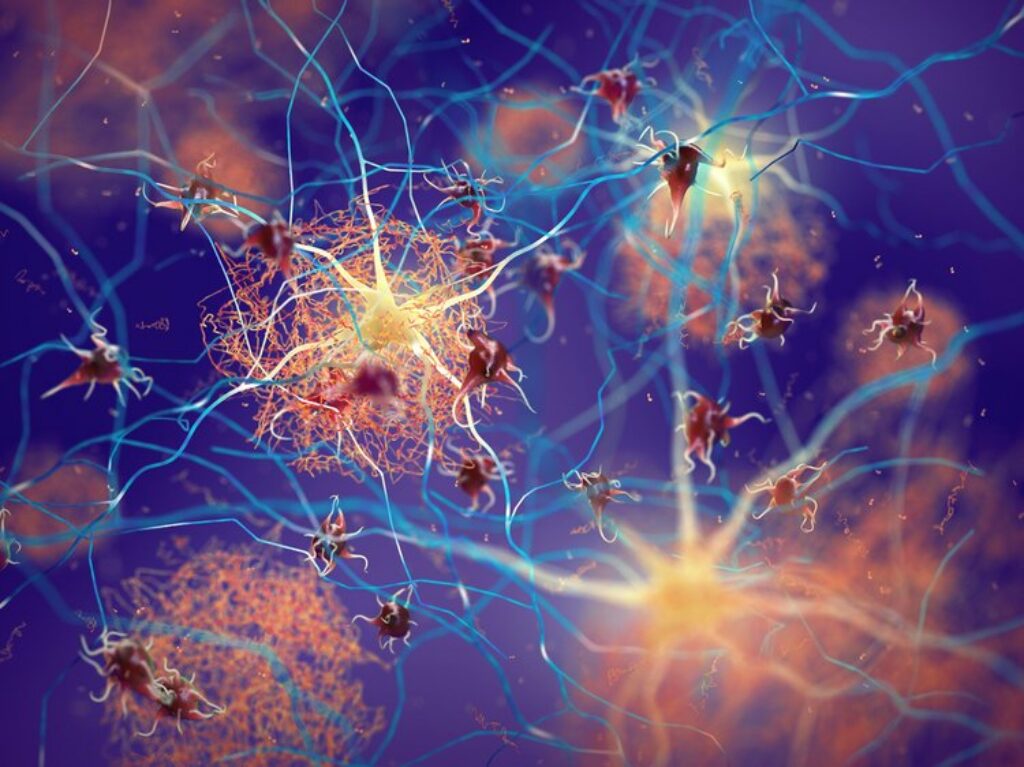
Picking Up on Early Signs and Symptoms of Alzheimer’s Dementia
Memory issues, confusion, and behavior changes can signal Alzheimer’s onset before diagnosis.
Related Topics (Sponsored Ads):

Noticing Progressive Memory Loss and Forgetfulness
One of the most common early manifestations of Alzheimer’s disease is increasing forgetfulness and short-term memory issues that steadily impact daily activities and independence. In the initial stages, an individual may have more difficulty recalling essential dates, events, conversations, or appointments that previously they remembered quickly. Needing to be frequently reminded of or repeatedly asking for the same information in a short period can signify emerging memory problems. Having trouble retaining new information like names, instructions, recent experiences, or details from a book or movie is also an important early indicator.
People in the early phases of Alzheimer’s often get lost while driving in familiar areas, cannot retrace steps in their neighborhood, or frequently leave tasks unfinished. They may need help to follow storylines on television programs they used to enjoy. While some minor forgetfulness can be expected with healthy aging, Alzheimer’s-related memory loss becomes progressively more frequent and severe to the point of interfering with the ability to function safely and independently. Keeping notes with specific examples illustrating declining memory can help identify when it goes beyond typical age-related changes.
Catching On to Growing Difficulties With Routine Tasks
Individuals in the early stages of Alzheimer’s frequently start having considerable trouble completing routine tasks and daily activities that used to come quickly and automatically. For instance, they may suddenly need help with steps involved in familiar DIY home projects, following once beloved recipes while cooking, operating common household appliances like the TV remote or coffee maker, or tracking monthly bills and finances. Paying less attention to personal grooming and hygiene tasks like bathing, dental care, and changing clothes is also common.
Additionally, those who previously handled complex duties or hobbies adeptly may now find them extremely challenging. For example, an accountant having difficulty balancing workbooks they could do in their sleep or a seasoned knitter messing up intricate stitches. These issues signify cognitive impairment creeping in. Make note if a loved one now requires much more time, effort, instructions, supervision, and reminders to accomplish tasks that were once simple and habitual for them.
Noticing Problems With Language and Communication
Progressive language and communication difficulties are a hallmark of early-stage Alzheimer’s onset. One of the first verbal signs is frequently needing help finding the right words during conversations. Vocabulary starts to shrink as individuals have more and more trouble naming everyday objects, places, and people. They may substitute made-up or nonsensical words for standard terms when unable to recall the correct ones. Speech becomes increasingly vague and disjointed, peppered with long pauses as they lose their train of thought mid-sentence.
Asking others to repeat themselves or speak slower when conversing is common too. Following along and participating in group discussions, activities, and social gatherings becomes increasingly frustrating as processing spoken and written language gets more complicated with Alzheimer’s. Signs like inappropriate or nonsensical responses also begin to emerge. Jotting down examples of language struggles and noting increased isolation can help identify Alzheimer’s progression before it advances further.
Sensing Disorientation Regarding Time and Place
In the early and moderate stages, confusion about timeframes, dates, seasons, and passage of time starts to manifest due to Alzheimer’s gradually altered perception and cognition. A person may need to learn what day or month it is or whether it is morning or evening. They can get lost in familiar places like their neighborhood, mixing street names and landmarks. Wandering or pacing aimlessly away from home is a warning sign of spatial and temporal disorientation that can quickly lead to safety issues.
Losing or misplacing everyday items like wallets, keys, glasses, or appliances around the house more frequently indicates growing spatial confusion. To assess if a loved one is experiencing Alzheimer’s-related disorientation, ask them questions about recent events and what day it is, or ask them to retrace steps back from an area they know well but got confused. The inability to answer accurately signals changes to alert doctors about.
Observing Increased Confusion, Anxiety, and Agitation
As Alzheimer’s damage spreads in the brain, personality, and behavior changes emerge. A formerly calm, patient person may begin acting anxious, aggressive, or impatient more often. Mood swings like sudden anger or crying spells can indicate frustration over their increasing cognitive difficulties. Some develop persistent anxiety and nervousness, wanting constant reassurance. Rummaging through drawers, moving furniture, pacing, and handling items repetitively signal the agitation and restlessness Alzheimer’s patients frequently experience.
Sleep patterns also tend to change, with late-night waking or daytime drowsiness. Note any growing personality shifts, agitation, or emotional issues that are out of character. Additionally, pay attention if your loved one starts making unusual or paranoid accusations about others stealing their possessions. This can signal the beginning of Alzheimer’s-related delusions in some. Tracking symptoms helps doctors address them.
Documenting Problems With Visual/Spatial Perception
Alzheimer’s gradual destruction of brain cells in the parietal lobe causes difficulty interpreting visual information and judging distances or dimensions. A person may begin having more trouble reading due to an inability to see and process words usually. They can start confusing colors frequently or need help coordinating outfits. Impaired depth perception makes stairs hazardous and causes difficulty maneuvering around furniture, and suddenly getting lost or disoriented while out shopping or driving results from the inability to interpret visual cues.
Cluttered rooms may seem overwhelming. Be alert for your loved one demonstrating new clumsiness, like knocking things over or bumping into walls, and visual/spatial disorientation to report to their doctors early. Keeping a checklist helps assess when vision changes pass a threshold requiring intervention.
Noticing Trouble With Judgement, Decision-Making, and Problem-Solving
Sound reasoning, judgment, planning, and problem-solving abilities start declining. They may dress inappropriately based on the weather, like shorts in winter. Simple decisions become agonizing. Adding numbers or following step-by-step instructions takes a lot of work. A person once adept at DIY repairs or cooking elaborate meals needs help determining sequences or safety risks. Bill paying falls behind. Make a record of instances where judgment, decision-making, and reasoning seem significantly impaired compared to normal abilities for that individual. This aids medical evaluation.
Conclusion
Detecting early symptoms allows Alzheimer’s to be diagnosed sooner when critical treatments and planning occur. Keep detailed notes about all cognitive, behavioral, and functional changes witnessed. Stay attuned to subtle signs something is amiss before significant impairment takes hold. Report all concerns quickly to doctors for evaluation so causes can be determined. The sooner Alzheimer’s is caught, the better for maximizing quality of life.
Related Topics (Sponsored Ads):
Discover More






